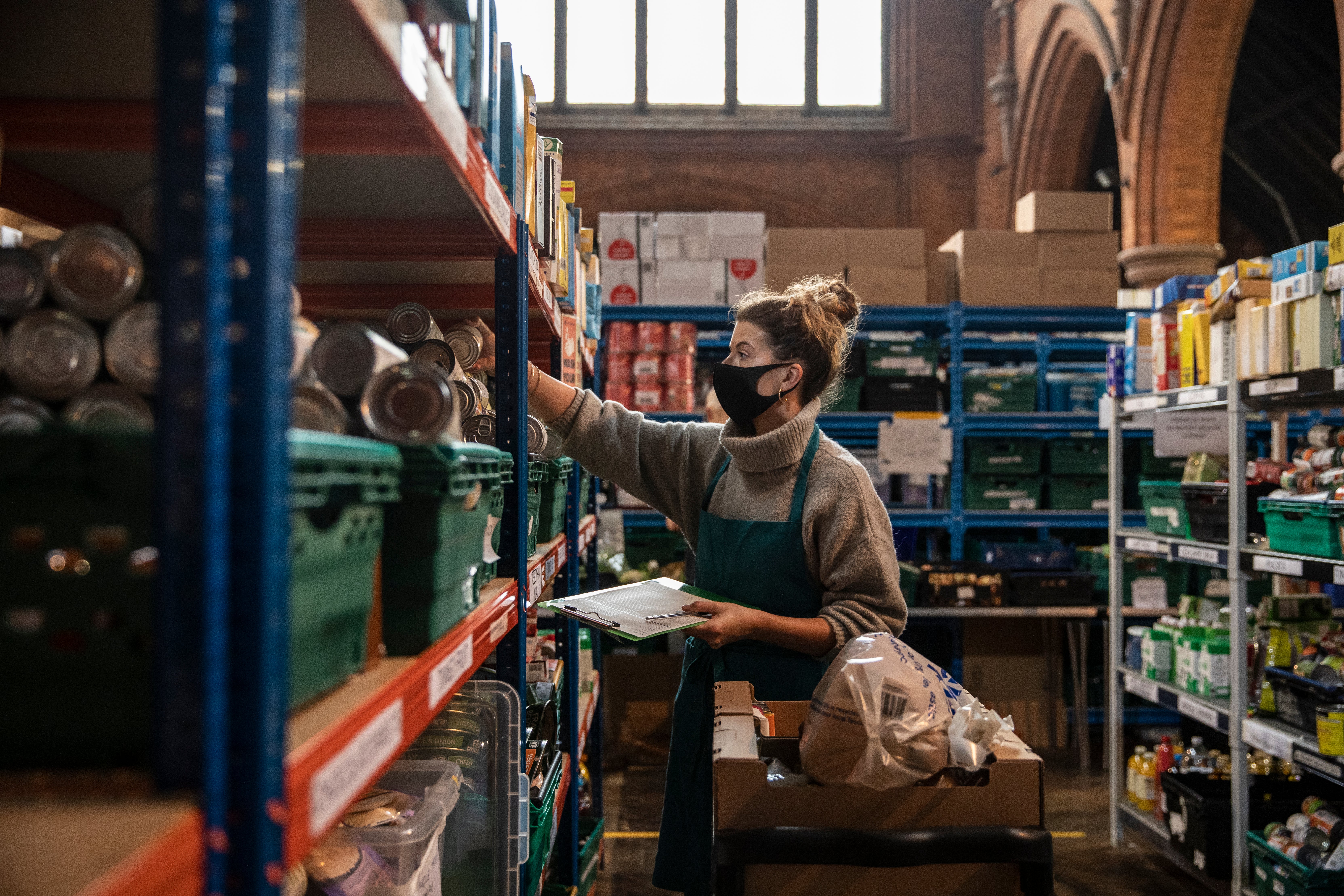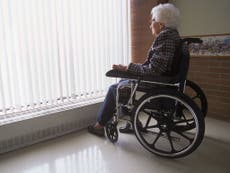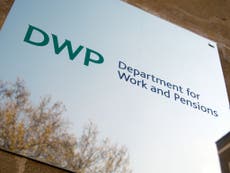Two-thirds of British public think government has failed to treat people equally during pandemic, poll finds
Exclusive: People want the government to focus on ‘support rather than punishment’ in response to crisis, May Bulman finds


Two-thirds of the British public believe the government has failed to treat people equally and fairly during the pandemic, new research shows.
A year on from the start of the coronavirus outbreak in the UK, and with restrictions continuing to have a considerable effect on people’s lives, ministers are being urged to focus on “support rather than punishment” in their response to the crisis.
New polling, commissioned by human rights group Liberty, indicates that 83 per cent of people are concerned about the impact of the pandemic on vulnerable groups, with only a third (34 percent) saying the government has treated everyone equally and fairly during the past year.
The poll of 1,000 people, conducted by research consultancy nfpSynergy, shows that the majority are worried in particular about cuts to funding for disabled people, more people being at risk of homelessness or already homeless and the increase in people facing poverty during the public health crisis.
The findings indicate that much of the general public shares concerns among charities who have been warning over the past year of a lack of government support for vulnerable groups during the pandemic.
Shadow work and pensions secretary Jonathan Reynolds said the “inequality in how the pandemic had been felt” must be recognised, and accused the government of “leaving far too many people behind” in its response.
Research by Mencap in November found 63 per cent of people with a learning disability had had their social care package reduced or stopped during the second lockdown. Campaigners have also warned that people are going hungry as 1.9 million disabled individuals on legacy benefits continue to be denied the same uplift as universal credit claimants.
Tens of thousands of people have meanwhile had to rely on food banks for the first time, and the number of people who have to rely on universal credit has doubled since the start of the pandemic, to 6 million.
Despite a ban on evictions and a scheme designed to house everyone during the pandemic, tens of thousands of people are thought to have been made homeless since March 2020, while many families who were already living in cramped temporary housing have suffered more than ever during lockdown.
Concern has also been mounting over the disproportionate impact of the pandemic on migrants and people of colour, with ethnic minority groups having suffered from some of the highest Covid mortality rates, and hundreds of thousands of non-UK nationals unable to access public funds due to their immigration status.
Liberty said that instead of “hope and support”, ministers had “prioritised punishment and coercion” in the form of “watered down rights” and “confusing communications”, which it said hit marginalised communities hardest.
The human rights organisation criticised the Coronavirus Act, which grants the government emergency powers to handle the Covid-19 outbreak, and called on ministers to replace it with legislation Liberty has devised called the Protect Everyone Bill.
The group said the bill would ensure support for people on low incomes, safe accommodation for everyone who needs it, an uplift in universal credit and no cuts to funding for disabled people requiring care at home, among other provisions.
Gracie Bradley, director of Liberty, said: “The pandemic has shown how much we rely on each other – yet politicians in charge responded to it with a strategy that created distrust and favoured punishing people instead of providing support.
“A year into this crisis, we’re tired of waiting for a better alternative, so we’ve come up with one ourselves. We demand a better way forward – one that provides support for everyone and upholds our rights and freedoms.”
Responding to the polling, Polly Neate, chief executive of housing charity Shelter, said: “The public are right to be concerned, the pandemic has been extraordinarily tough on people who are homeless.
“From families locking down in cramped B&Bs with no space for children to learn or play, to people having to sleep rough in dangerous conditions. The pandemic and the economic fallout is also pushing many people to the brink of homelessness.”
James Taylor, of disability charity Scope, said “stripped back” support for health and social care had made disabled people feel like their lives are “expendable”, while Jonathan Blades, of the MS Society, said it was “without question” that vulnerable people had been “let down” during the pandemic.
Minnie Rahman, campaigns director at the Joint Council for the Welfare of Immigrants (JCWI), said thousands of migrants had been left “destitute, homeless, and scared to access care” due to immigration policies, warning that for these groups the pandemic had turned an “already dire situation into an even graver one”.
A government spokesperson said: “We are committed to supporting those in need through the pandemic and beyond. That’s why we’re spending hundreds of billions to safeguard and create jobs, raising the living wage, and boosting welfare support by billions.
“Universal credit has provided a vital safety net for 6 million people, with nobody having to wait five weeks for payment, and we have extended the Covid winter grant scheme to help children and families stay warm and well-fed.”







Join our commenting forum
Join thought-provoking conversations, follow other Independent readers and see their replies
Comments